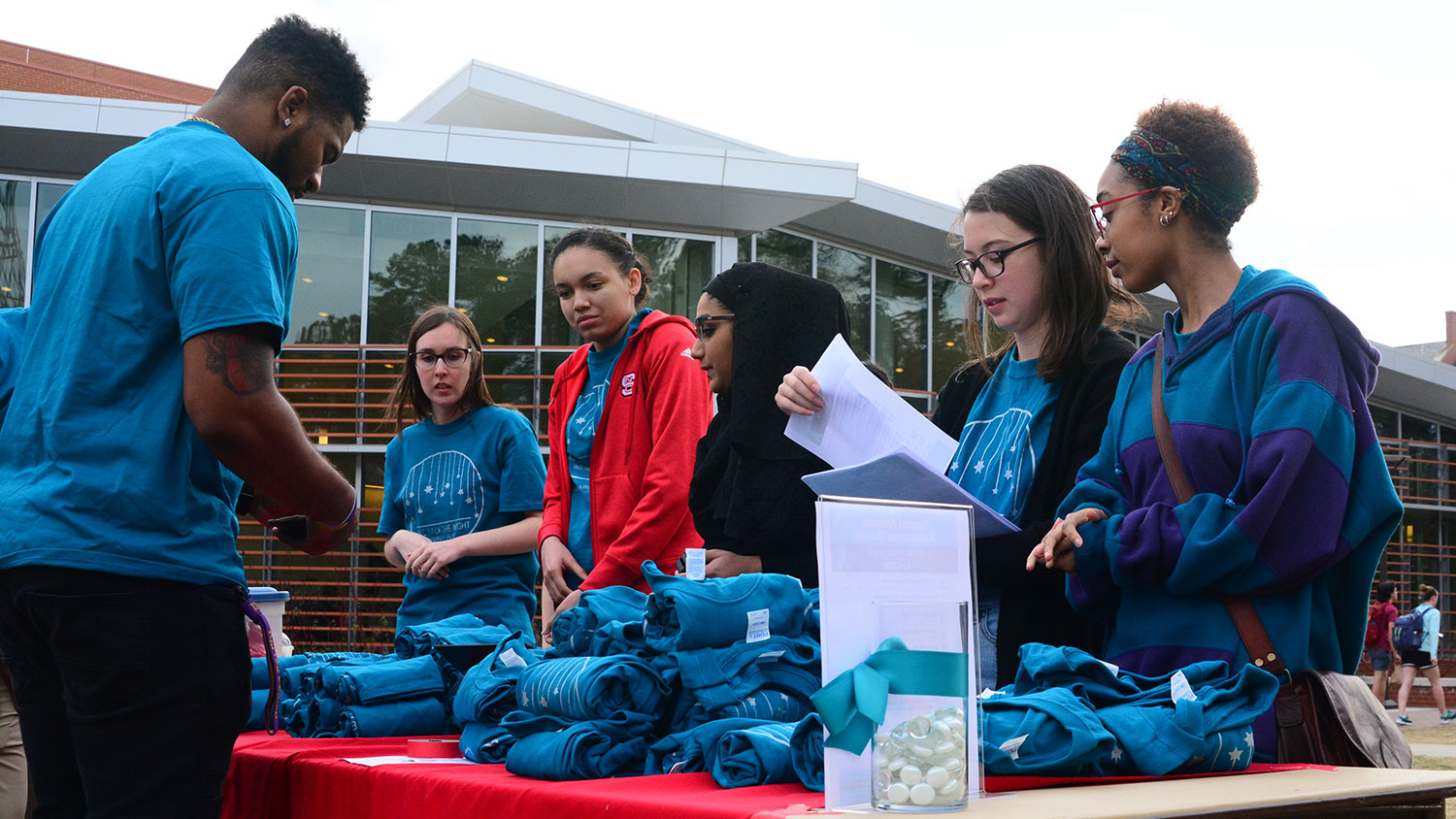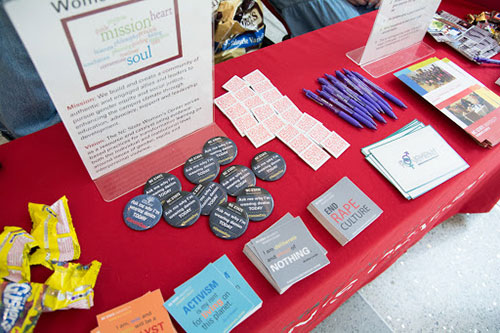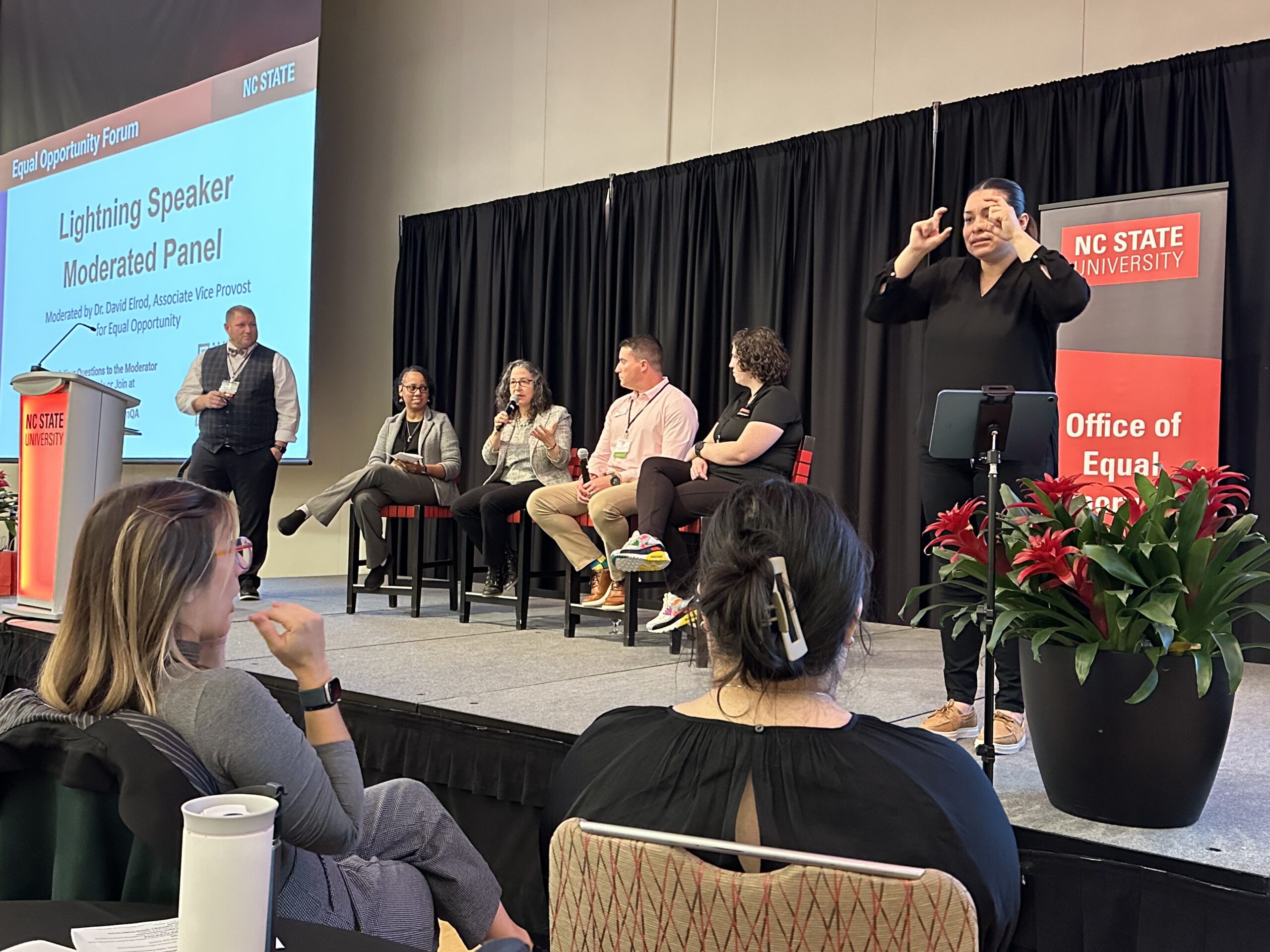Building Healthy Relationship Practices

This article is the second in a series on healthy relationships by Leah Block. former co-president of The Movement, a student organization that focuses on interpersonal violence peer education and advocacy efforts.
It’s February, the month of love. What better time to reflect on what we know about loving practices?
Look back on a time when you sat down with a parent, teacher or adult mentor and received a comprehensive answer to the question “What is a healthy relationship?” Did you get a real answer about what constitutes a healthy intimate relationship?
Healthy intimate relationships are not a part of most common-core curricula. Many people first gain ideas about intimacy and romance through media messages in movies, music and TV shows. Unfortunately, representations of intimate relationships in the media often embody unhealthy and even psychologically damaging practices, according to Nancy Bern’s study on social media and relationships. Think about it. Have you ever:
- watched something where extreme jealousy was portrayed as a cute, passionate or loving trait?
- listened to a song where not knowing where the boundaries are was portrayed as sexy and appealing?
- watched or read something where extreme emotions, such as threatening to kill oneself for a date/affection or persistent fighting and yelling were portrayed as a couple’s passion for one-another?
From what I have learned through my training and experience with NC State’s The Movement peer educators, the media has not provided sufficient answers about what constitutes a healthy, happy and fulfilling relationship.
The reality is this: Many adult college students feel in the dark about what a healthy relationship actually looks like. So who can we turn to as students, as many of us get into intimate relationships for the very first time? How can we spot the warning signs of abuse? And importantly, what is the individual student’s role in creating a culture of healthy relationships right here on campus?
The Movement Peer Educators: Addressing A Need for Information
 At NC State, the need for information about healthy relationships is being addressed by The Movement peer educators.
At NC State, the need for information about healthy relationships is being addressed by The Movement peer educators.
The Movement is a supportive, engaging community of paid, trained peer educators from all academic backgrounds committed to teaching about healthy interpersonal relationships. Kate Butler, a second-year student in psychology and an officer of The Movement, says, “Our main goal is to decrease interpersonal violence on campus through education and advocacy. More specifically, as peer educators, we try to make each interaction impactful, because the information we provide is so relevant to help others carry out a healthy lifestyle.”
To become a peer educator with The Movement, students take a formal training from the rape prevention coordinator at the Women’s Center. Once finished with training on leadership basics and workshop facilitation skills, students are allowed to facilitate any of the Movement’s many workshops — including Consent 101, Bystander Behavior 101 and Healthy Relationships 101.
Goals of The Movement
Carlyn Wright-Eakes, rape prevention coordinator and mentor to The Movement, notes the importance of healthy relationship skills in everyday life. “As young people, we aren’t always taught how to build healthy interpersonal relationships, and these skills are important to learn because they impact every aspect of our lives — not only our romantic relationships,” she says.
“We practice these skills (or, we don’t) within our families, our friendships, during group projects with classmates, with professors and in the workplace. The skills taught in The Movement workshops — from practicing consent in everyday interactions to active listening — are the same skills that will support each of us to create healthier relationships in every aspect of our lives.”
From the Educators
Peer mentors from The Movement offer further perspective. Peer educator and social work major Harper Bell on why it is important for college students to learn how to build healthy interpersonal relationships, provides this insight:
“College is a time for self-exploration, education and skill building. Not a day often goes by that we don’t interact with one another in at least some form or another. Incorporating learning what healthy relationships are — and how to not only create but sustain them — is a foundational piece of our relationships, college careers and overall quality of life.”
Healthy Relationships: Communication, Respect and Boundaries
What exactly makes a relationship “healthy?” Butler notes communication, respect and personal boundaries:
“I believe communication is where healthy relationships begin, and that respect and equity come once there is a firm foundation of communication. Both partners should be open with one another about their expectations in the relationship and should respect those expectations and boundaries.”
As a peer educator myself, I feel it is critical to note that these practices apply to any and all kinds of intimate relationships — queer, straight, monogomous, poly, interracial or those without labels. Communication, respect and personal boundaries make up the foundation for all healthy intimate partnerships.
On the student’s individual role in creating a culture of healthy relationships, Bell says, “Practice. Share with friends, family, peers, coworkers what you are learning. Interpersonal skills are often listed as one of the most sought-after skills for employees to have, based on employer hiring research. Yet, we aren’t formally taught this, or other so-called “soft skills,” in primary education. Sharing healthy relationship strategies and communication methods as part of your college education can engage others in seeing the value for themselves. These are skills that we can spread, both on- and off- campus, in all of our interactions.”
The Movement Workshops: Start Your Practice
The Movement workshops happen regularly throughout the semester and provide a supportive, small-group and confidential setting for learning. Workshops generally occur in the Women’s Center on the fifth floor of Talley Student Union, but those interested in bringing the workshop directly to their group or organization’s space can also request a workshop. For those interested in attending, please be sure to check the Campus Diversity Calendar for The Movement workshops throughout the semester.
Leadership Opportunities
 Students interested in stepping up around the cause of healthy relationships can apply to become a peer educator with The Movement. Through becoming a peer educator, students can learn so much not only about healthy relational practices, but also about leadership and initiative.
Students interested in stepping up around the cause of healthy relationships can apply to become a peer educator with The Movement. Through becoming a peer educator, students can learn so much not only about healthy relational practices, but also about leadership and initiative.
Wright-Eakes says, “A goal of the movement is to train students to be leaders and educators promoting the practice of healthy relationships within their campus communities. The practice of peer education is important, because students already intimately know the challenges that exist within their own communities, and they already have relationships of trust and respect within their communities, which is integral to beginning any change process.”
Next Steps
Safety and equity are of utmost importance in the NC State community, and it begins at the grassroots level of intimate relations. We all have a role to play in creating a safe, healthy and equitable NC State community. So give it a go — it is February, after all — come out to a workshop and discover new things about what makes a healthy relationship, learn how to spot warning signs of abuse and make new friends who care about the same issues you do.
Be sure to follow OIED on Instagram and Twitter for updates on open The Movement workshops, events and other engaging opportunities. Don’t forget to subscribe to the Diversity Digest for the next in this series, which will focus on the next tier of healthy relationships: inter-community relations.
Leah Block is a senior majoring in interpersonal, organizational and rhetorical communication, with a minor in sociology, and a communications intern in the Office for Institutional Equity and Diversity.
- Categories:


